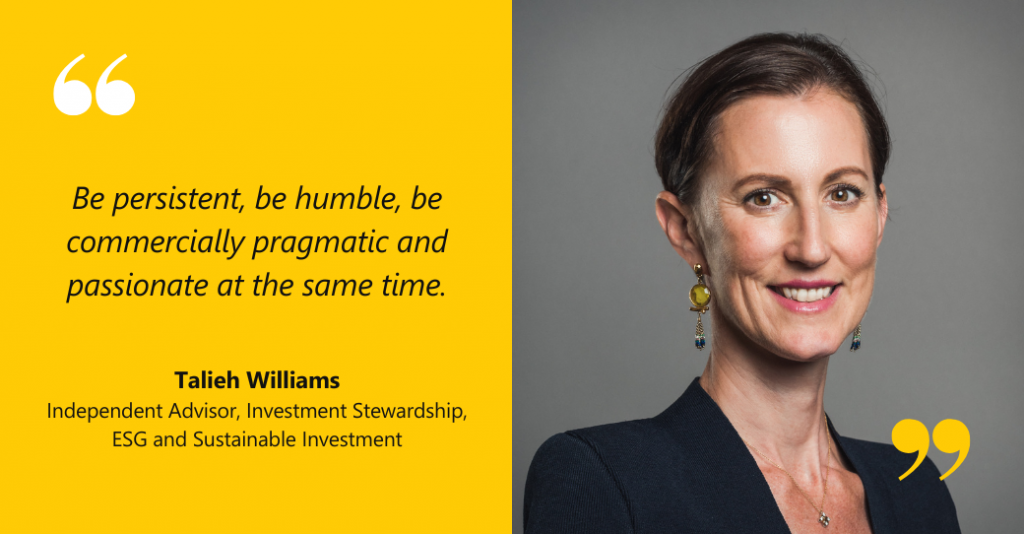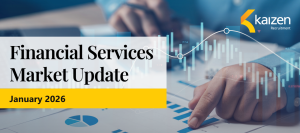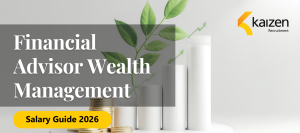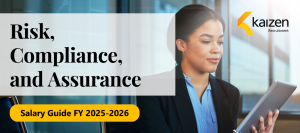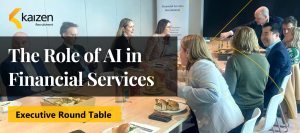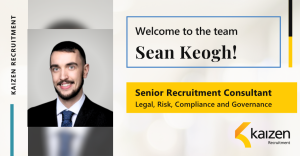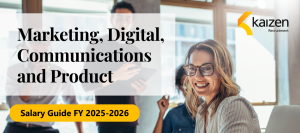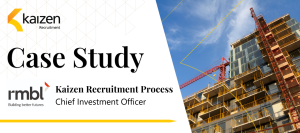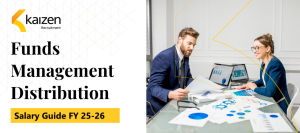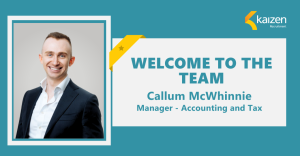Leaders in ESG/Responsible Investment, Talieh Williams
Brief overview of your career to date.
My career spans 20 years and has always been focused on ESG matters (before the term came into use). I am a lawyer by training, and initially had wanted to be an environmental lawyer. However, early on, it became apparent that lawyers were often called in after the fact, when things had gone wrong. I was keen to influence positive change, hence, I moved into the oil industry as an Environmental Project Manager at Shell working across the Asia Pacific region, and then moved over to sustainability advisory work with EY.
How did you get your first position in the industry?
It was late 2007 and I was reading the AFR (back when ‘good jobs’ were advertised in the AFR on Fridays) and saw the role of Manager, Governance and Sustainable Investment at UniSuper advertised. I applied for the job and have been in the industry ever since. My educational background (Master of Social Science (International Development), Bachelor of Laws (Honours) and Bachelor of Planning and Design (Urban Design)) combined with my legal, oil industry and consulting experience positioned me well to traverse the broad range of ESG issues facing an institutional investor.
There wasn’t and still isn’t a clear path into ESG in investments. From my perspective, this is positive as people with divergent qualifications / skills / experience can move into the industry. It cultivates diversity which is critical in addressing the intersectionality of issues that arise in this space.
What do you love most about working in the ESG / Responsible Investment industry?
There is so much to love about the industry. First and foremost, the people – who are diverse, collaborative, collegiate and all driven by a strong sense of purpose which extends beyond themselves. The issues are always multifaceted and no two days are ever the same; hence, there is the opportunity for continuous learning and being challenged – there is no such thing as an ESG expert. Ultimately, the more you know the more you realise you don’t know.
However, the key thing for me (and many others) is the opportunity to influence positive real-world change – within investment houses and inside corporations. It can be a slow process (glacial at times), but change has occurred and is accelerating. It is important to acknowledge that we are all building on each other’s work, and it is amazing to see investors and companies evolve their approach to ESG. There is still a long way to go, but it is gratifying to be part of the process.
You have worked at several leading organizations. Which position and organization had the most positive impact on your career and why?
Working in the law, at Shell and at EY were critical foundational steps which led me into the industry (a stepping stone approach). However, I was at UniSuper for over 11 years establishing and leading its approach to ESG and sustainable investment and without question it has had the most impact on my career. I was given the opportunity to join the industry and to establish UniSuper’s strategy and approach working with terrific people along the way and learning from the best in the industry. Whilst at UniSuper I was fortunate to have worked with three excellent CEOs and two inspiring CIOs all of whom I have immense respect for and I learnt important lessons from each of them.
In addition to UniSuper, VFMC was also a fabulous organization to work for – I was fortunate to be there when it was looking to really amplify and build out its approach to ESG and investment stewardship, and again I worked with a terrific CIO and broader executive leadership team to establish a contemporary approach.
What would you say are the most important transferable skills that you have developed through your education and your work experience?
Skills to work in ESG?
Some of the key transferable skills I have garnered through academic study and practical work experience are:
- Effective communication, and soft influencing, skills. In the field of ESG where divergent views, opinions and values intersect with facts, it is important to bring people with you rather than engage in adversarial battle.
- Critical thinking and problem solving combined with the ability to see matters from different perspectives. It is about striking a balance in maintaining personal passion for the work whilst remaining pragmatic and commercial.
- The ability to interrogate large quantities information and rapidly distill the key issues and linkages (cutting through the white noise).
- Not getting lost in the data – one needs to step out of the detail and see the big picture. While data is becoming increasingly important (for good reason) we need to ensure we don’t miss key facts, information and messages that are obscured and obfuscated by the data. ESG is part art and part science, and we need to ensure we don’t forget the art and trust our instincts.
Another observation is that there can be a tendency to over complicate things – yes, there is complexity but the hard part is keeping it simple. If things become over complicated you can become stuck and ineffective.
During your career have you ever had a mentor? If so, how do you manage this relationship?
I have never had a formal mentor. When I was younger, I would have loved one, but lacked the courage and confidence to ask. However, that said I have received great mentoring from several people throughout my career and I am lucky to have a wide and varied group friends, colleagues and professional acquaintances that I can (and do) call on for their wise counsel (and who keep an eye out for me). I enjoy connecting with people and building meaningful relationships and an outworking of that is that over a long period of time I now am in a position whereby I have lots of mentor like people around.
On the flip side, I enjoy mentoring people and assisting them grow their careers. I have come across many wonderful people at earlier stages of their careers and I relish the opportunity connect them with great opportunities, and provide them with guidance if and when they want it. I have had some great doors opened for me and am keen to open the door for others.
What do you believe are the attributes that make a successful leader?
In addition to the things that go without saying (e.g., intelligence), the most important qualities are humility, kindness, authenticity & congruence. Servant leadership is important – it aligns with the values I was brought up with around always thinking about “how can I be of service”. For those wanting a book recommendation, Legacy by James Kerr is a great read on leadership – we all need to “sweep the shed”.
What do you see as being the biggest challenges facing ESG professionals going forward?
The challenges lie around the work load, the volume of issues and the accelerating pace. There is a huge amount to do, we all need to remain focused and not get distracted. Tied to this are the challenges around finding talented people to bring in to the industry. Because there is no one career path, we need to remain open minded and focus on capability rather than directly analogous experience – I have recruited some excellent people who had not come from an investment background but who are highly intelligent with transferable skills – we need to remain lateral in where we look for talent (and also remember that someone gave us the chance we got into ESG).
More broadly, other challenges centre around the fact that we are trying to influence change in a dynamic system (investors, corporates, Government, policy makers etc.) at a point in time when issues are escalating – it can sometimes feel like trying to boil the ocean.
If you could give one piece of advice about developing a career within the Responsible Investment / ESG industry, what would it be?
In addition to relevant academic qualifications, be persistent, be humble, be commercially pragmatic and passionate at the same time. Recognise that you may not walk straight into an investment related role, go a work in a related area (at corporate in CSR, in consulting) and develop practical skills and experience.
Kaizen Recruitment specialises financial services recruitment across funds management, wealth management, superannuation, investment consulting and insurance. We are based in Melbourne and Sydney. For assistance or further information please telephone our office at +61 3 9095 7157 or submit an online form.
Like what you see?
Please feel welcome to join
Kaizen Recruitment’s mailing list
